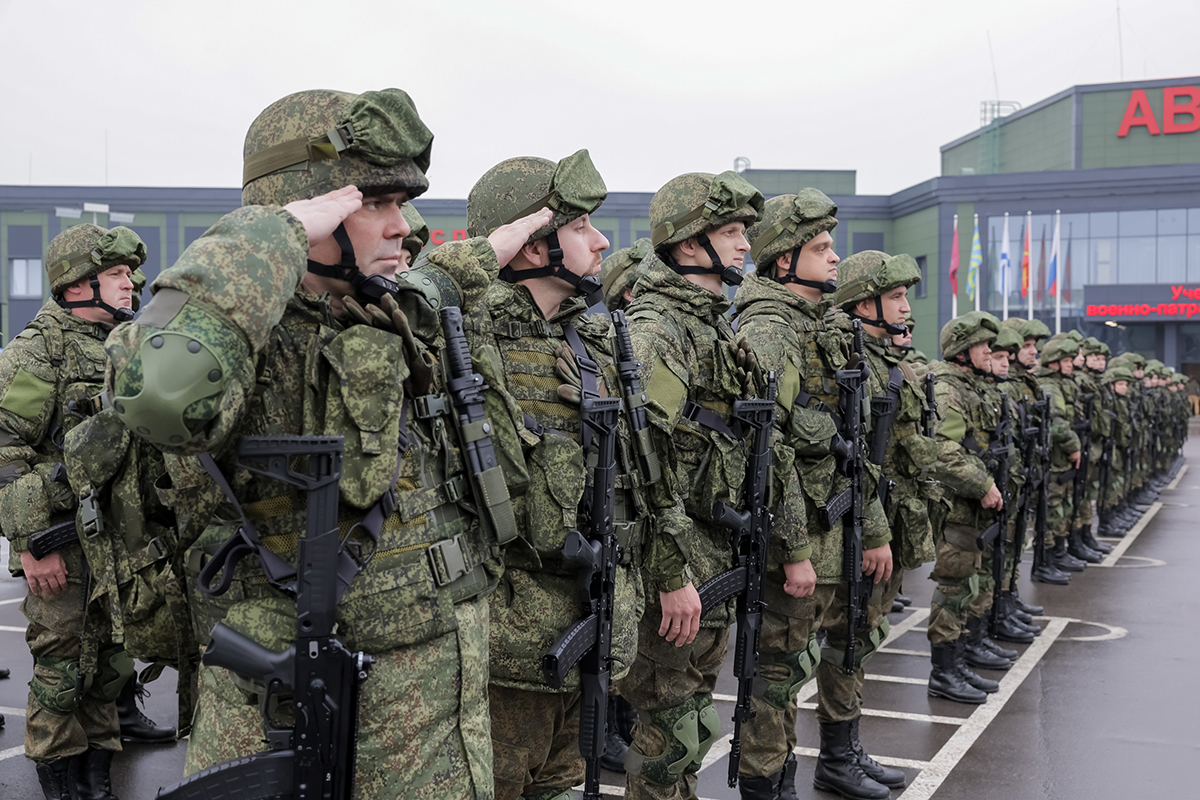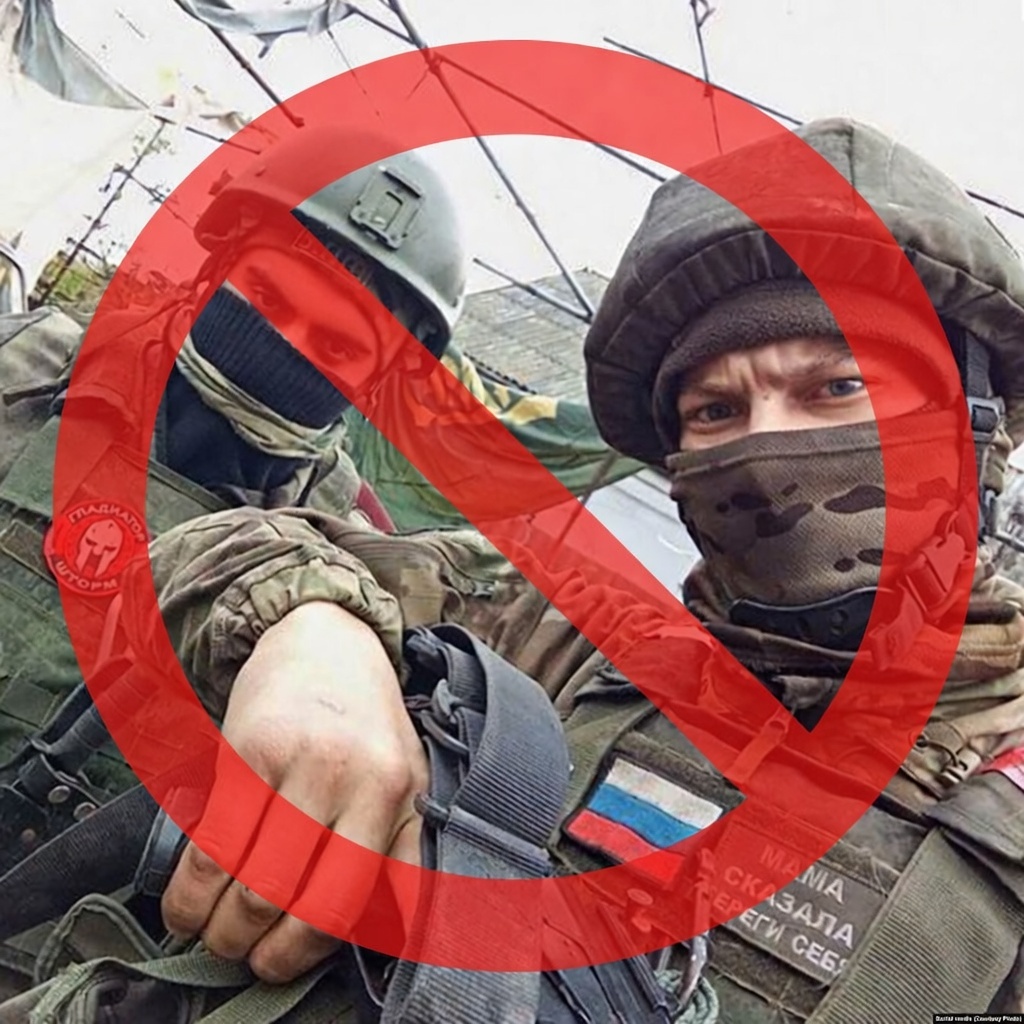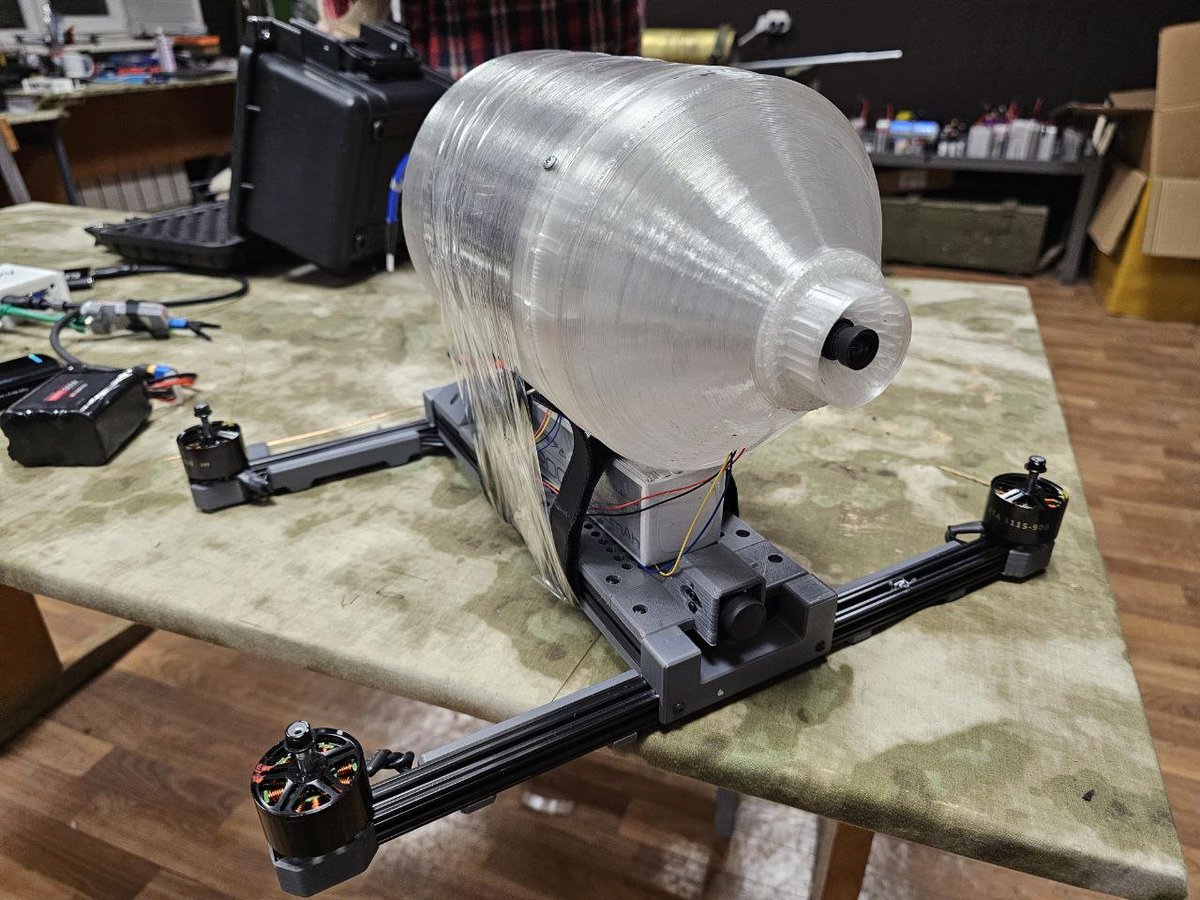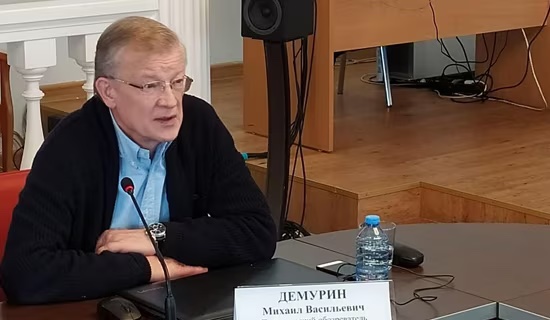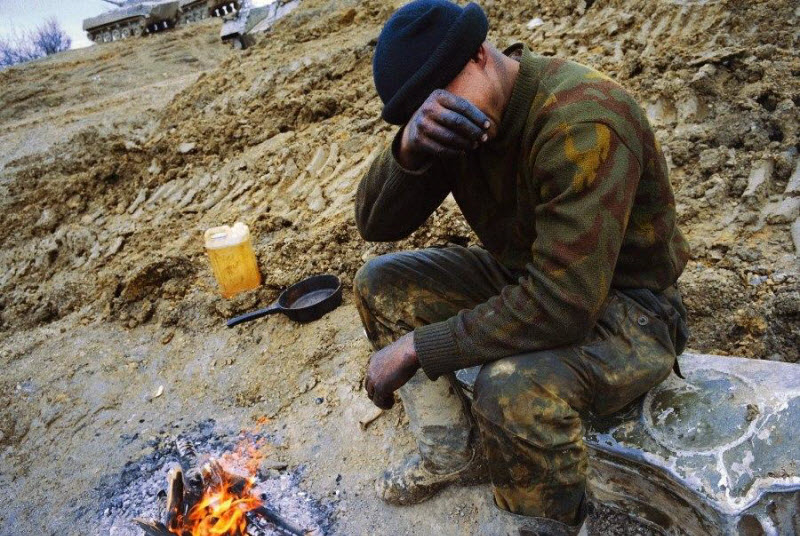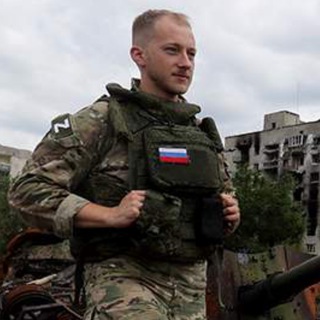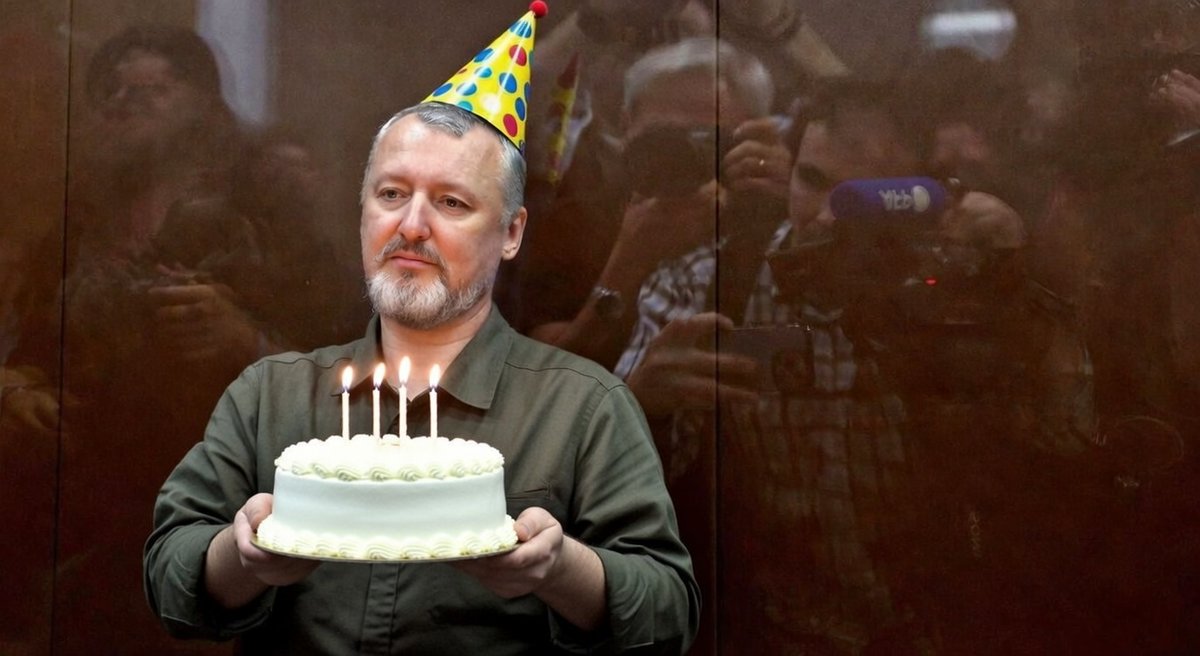1/ Did a culture of institutionalised lying contribute to Russia's recent disaster east of Kharkiv, by giving its senior commanders a distorted and false picture of the true situation on the ground? A 🧵 reviewing the evidence. 
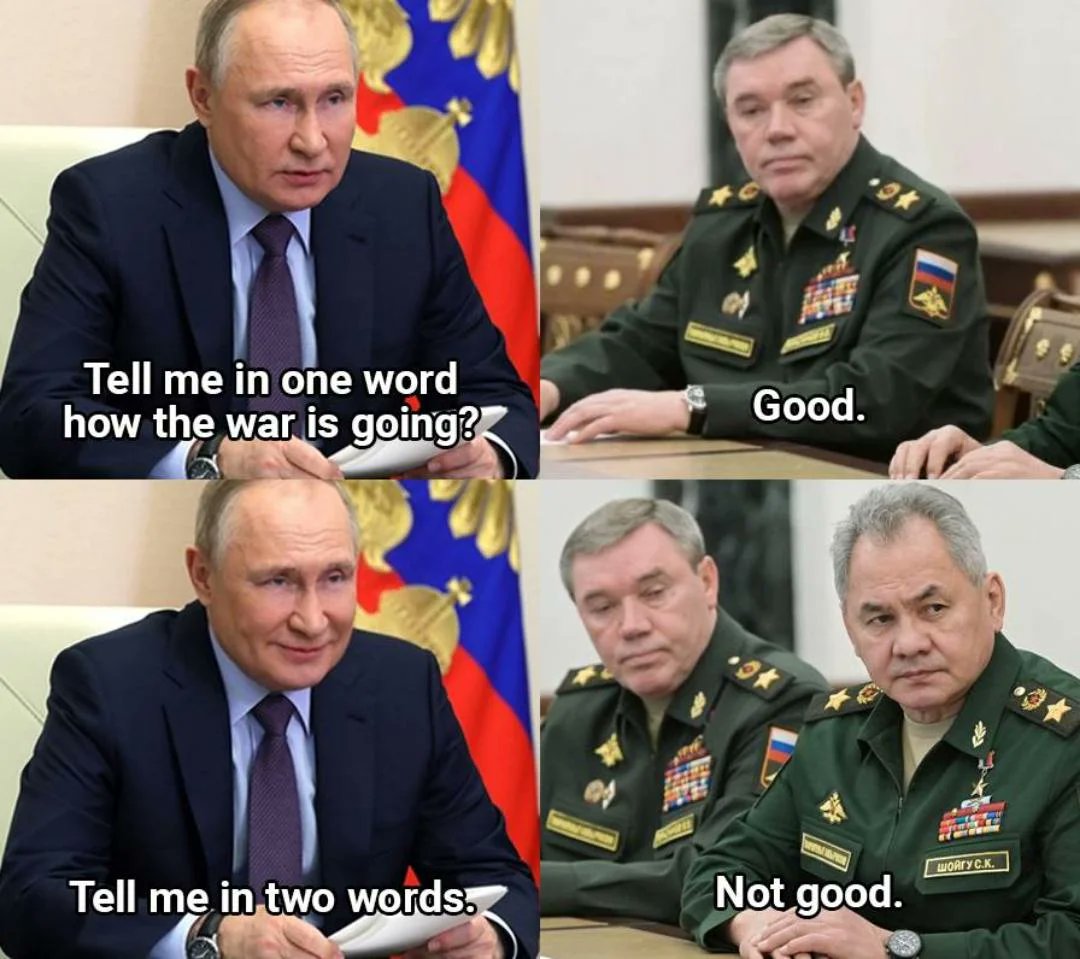
2/ While reading Russian soldiers' personal accounts from published intercepted phone calls and personal accounts (link ⬇️), I've seen one point mentioned repeatedly: Russian army officers frequently lie to their superiors about their unit's status.
https://twitter.com/ChrisO_wiki/status/1556386752524320781
3/ In his now-famous memoir, the former paratrooper Pavel Filatyev complains bitterly of "the system of photo reports [фотоотчетами] that is now so widespread in the army, when the command hides problems". So what is this system, and how does it work? 

4/ As in armies everywhere, Russian officers are expected to write reports to their superiors on their unit's status. In Russia's case, reports appear to be supplemented with photos taken by the officers or the men under their command, depicting their activities.
5/ Russian officers seem to be using photo reports to disseminate false information about their units. Personal accounts from Russian soldiers describe photo reports being used to fake training exercises, presumably to accompany false reports of compliance with orders.
6/ According to former Russian air force lieutenant Gleb Irisov, commanders hold fewer exercises than they are supposed to and disguise the true number, so that they can steal the resources budgeted for them. This likely helps to explain the use of false reporting for exercises.
7/ One army doctor, Pavel Zelenkov, found that in his unit, "All medicine was reduced to window dressing. Before a field trip [i.e. exercise] you get dressed up like for a masquerade, you get photographed – a report is sent to command, everyone returns to their places." 

8/ Soldier Daniil Frolkin says that while training in his unit, "we just submitted photo reports. We would arrive at a firing range and stand with a rifle pointed at the target. And as soon you’re photographed, you are free to go."
9/ Even more dangerously – for all involved – photo reports were reportedly used in Frolkin's 64th Separate Guards Motor Rifle Brigade to support commanders' false claims of combat successes. This endangered soldiers lives directly, to their understandable disgust.
10/ In one instance, according to a soldier who spoke to the independent Russian military outlet iStories, commanders forced soldiers to pose for photographic reports against a background of combat vehicles. They would sweep up the dust around them while shells landed nearby.
11/ The brigade's commander reportedly asked his soldiers to provide photo reports to enable him to report to his superiors that "it wasn’t just one tank that was destroyed, it was three! No — five!" Unsurprisingly, such false reporting had bad consequences for him and his men.
12/ Frolkin says, "He had reported that the forest was taken, and then the Deputy Minister of Defence arrived. And it turned out the forest was not taken at all." The commander was injured when the Ukrainians attacked and had to be evacuated in Frolkin's armoured vehicle.
13/ Many Russian soldiers are likely to have died or been wounded as a direct result of false reporting. Soldiers' accounts speak of commanders falsely reporting combat successes, and subsequent attacks being launched on the basis of the false information.
14/ For instance, according to former infantryman Viktor Shyaga, on one occasion, eight helicopters were ordered to support an attack. "Only two of the eight helicopters took off. Others were either broken or had no fuel."
15/ "Only one of the helicopters successfully fired at the objective. Not all the targets were hit. Or in fact, 80% of the targets were not hit. Yet this operation’s commander reported to his leadership that all is well and all the targets were hit..."
16/ As Shyaga notes, "The superior commander believes that if all the targets were hit then he can send infantry with tanks to assault this area." Soldiers were repeatedly sent into strongly defended areas that they were told had been cleared, suffering heavy casualties. 

17/ "Twice before the attacks we were told that everything was going to be alright, that the enemy artillery was suppressed, that ahead of us other units of ours are already advancing and we just needed to reach them.
18/ "But each time this turned out to be a lie and ended up with senseless losses for us."
Not surprisingly, Shyaga says, "due to constant lies we couldn’t believe our command anymore."
Not surprisingly, Shyaga says, "due to constant lies we couldn’t believe our command anymore."
19/ This was profoundly demotivating for the soldiers, who felt they were being treated like cattle.
Russian soldiers have complained about false reporting in phone calls intercepted and published by the Ukrainians.
Russian soldiers have complained about false reporting in phone calls intercepted and published by the Ukrainians.
20/ One soldier complained: "The army commander is talking crap to the higher command that everything here is fucking awesome, that everything is working, that we have a lot of people.
21/ "For instance they will put forward data… if 26 people are going to attack, they’ll put forward data that 126 people are going into an attack."
22/ Another soldier in a severely depleted unit said: "They have data hanging on the wall in the headquarters that our brigade’s staffing is 87%. Can you believe what these faggots are doing? We won’t even have fucking 10% here! Fuck this shit!"
23/ Russian milbloggers have condemned such false reporting. The Telegram channel Zа (V)Побѣду ("To (V) Victory") commented on this issue, which was said to be a problem on the Kharkiv front, a few days ago.
24/ "Remember Hitler's non-existent divisions, with which he was going to rectify the situation on the front, stop the Russian army from moving, defeat it, and already counterattack and all that? We have roughly the same picture now. The planning is based on reports. 

25/ "And the reports are different from the real picture. In reality, the units are staffed only in reports, the equipment is [only] serviceable and staffed according to the state, the so-called volunteer battalions and other PMCs are also burning down."
26/ The consequences of this lying and cheating are likely to have been very grave for the Russian military, and its individual soldiers. Soldiers have spoken of their inadequate training and equipment, which has left them poorly able to cope with the demands of war.
27/ As we've seen, command decisions – where and when to attack, and probably also to defend – have clearly been taken on the basis of false information. This is likely to have caused many needless casualties and military failures. As Zа (V)Побѣду puts it:
28/ "[W]ith [only] a slight onslaught, units that exist 50% only on paper naturally sit down [i.e. collapse]. Not because there is some kind of unprecedentedly serious onslaught, but because these units are [only] very conditionally combat ready."
https://twitter.com/i/status/1568529632609058819/video/1
29/ The practice of false reporting is clearly widespread. It's been reported from Russian units on all fronts and of all specialisations, ranging from paratroopers to mechanised infantry. It likely also occurs in the navy, air and missile forces.
30/ The effect of false reporting is likely to be compounded as it goes up the chain of command. False reports from small unit commanders may be aggregated with more false reports from higher up, to which senior officers add their own false reports.
31/ Eventually, by the time the reports get to the top of the chain – the Russian MOD leadership and Putin himself – it's quite likely that they are so distorted and inaccurate that the people directing the war have a very unrealistic picture of what's happening on the ground. 

32/ There likely isn't a single reason why this is happening. It's most likely a combination of institutional corruption (see threads below ⬇️), an emphasis on box-ticking rather than genuine achievement, and unwillingness to report bad news up the chain.
https://twitter.com/ChrisO_wiki/status/1556387024986308608
33/ As the Russian "Vostok" battalion commander Aleksandr Khodakovsy puts it in a recent Telegram post, "Everything that happens on the ground stays on the ground, and we will only send to the top the things that will not disturb anyone's sleep.
34/ "That's why they don't allow military correspondents at positions, and if they do, a person with a camera follows them and takes pictures so that the military reporters don't say anything extra...
35/ "And not because the enemy will see it – the enemy knows about it better than us, but because this will be seen by the first [higher-ranking] supervisor."
But if false reporting has infected the entire Russian chain of command, it's likely following a lead set at the top.
But if false reporting has infected the entire Russian chain of command, it's likely following a lead set at the top.
36/ Russia holds frequent large-scale exercises, such as Zapad-2021 in the summer of 2021. These certainly look impressive: Zapad was claimed to involve 200,000 men practicing manoeuvres against a hypothetical NATO force. But it seems to have been at least partly faked.
37/ As the New York Times reports, "The whole exercise was scripted. There was no opposing force; the main units involved had practiced their choreography for months; and each exercise started and stopped at a fixed time."
38/ Even the number of troops participating was probably far less, perhaps as few as half the number claimed. @walberque notes: "Nobody is being tested on their ability to think on the battlefield", but only on their ability to follow instructions. The results are obvious today.
39/ Such exercises have been described by Western commentators as PR stunts. That may well be part of it, but I wonder if the bigger issue might be that the military system is so corrupted that those leading it literally have no idea what their army's true situation is. /end
(With thanks to @wartranslated for various of these translations.)
Final thought (via the great @clmazin):
https://twitter.com/AliiSirius/status/1135917236894355459?s=20&t=29LF3u5Pj7lgYwl8KjvoaA
A great indicator of the problem here: "We even found a notebook that contained the medical records of a Russian regiment ... The regiment has hundreds of soldiers, and there was not a single complaint or registered ailment. Not one. That’s impossible."
"The soldiers were clearly told to feed bullshit to the doctors, which created an internal line of bullshit. That bullshit was then reported to their superiors, who fed that bullshit up to central command. So they got a totally fake view of the front." unherd.com/2022/09/why-uk…
• • •
Missing some Tweet in this thread? You can try to
force a refresh


